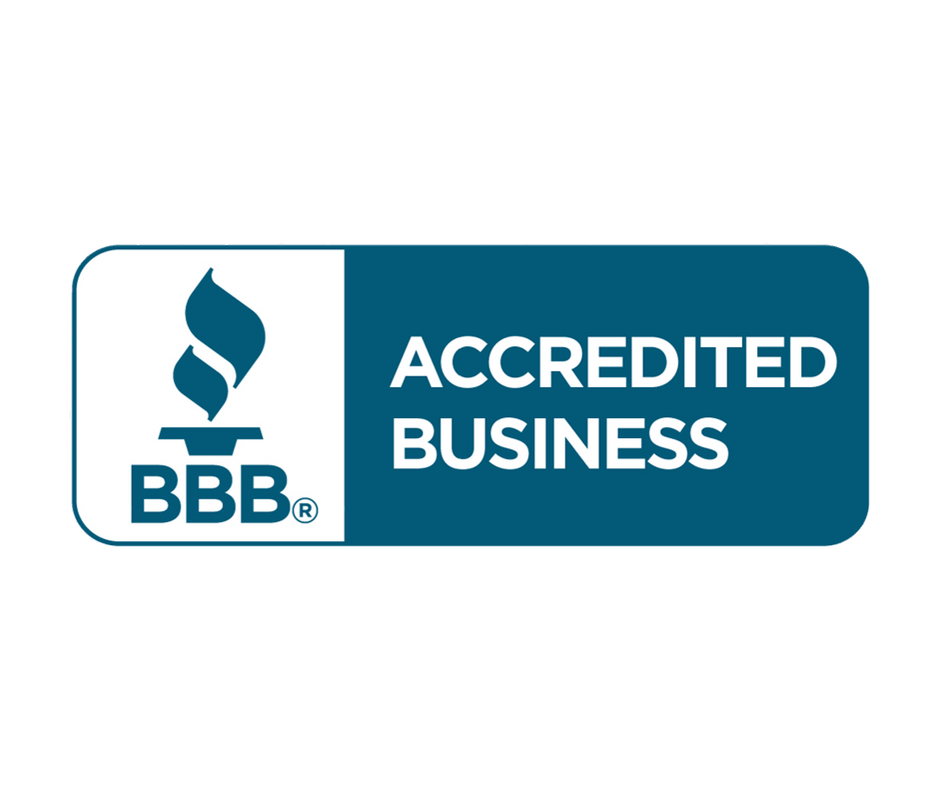Buying Your First Investment Property: Key Considerations
Critical Factors to Consider
Investing in real estate remains one of the best, most low-risk ways to grow your wealth. The housing market is doing well, says realtor.com, and demand for houses and investment property continues to climb. You could make a lot of money on the back of your investment—assuming you play your cards right. The stories about first-time investors losing it all are real and shouldn’t be dismissed out of hand.
Below, OutFactors offers some critical factors to consider before you purchase your first investment property.
![]()
Have realistic goals
Start by asking yourself a key question: How are you going to make money from your investment property? Simply purchasing something and waiting for it to magically rise in value may not work. Two popular ways to make money from properties are renting and flipping. While effective, both options are almost full-time jobs and require serious knowledge, time, money, and energy. Are you prepared?

Don’t be afraid of risk
Risk is a given. Things will go wrong. You may be faced with problems like a cash flow crunch, market ups and downs, high vacancies, and difficult tenants. If you let the risk psyche you out, you will lose money on your investment. Too many first-time investors quit too early, instead of sticking it out until things get better.
![]()
Do your own research
Always do your own research independently, no matter what you hear. Thoroughly research the property market and the property itself. Some factors to consider are the state of the neighborhood, age, amenities, quality of construction, state and city rules and regulations, and lot size.
Make sure the numbers work out and be conservative in your estimates. There are no bargains, only reasonable investments that could one day make you money.

Educate yourself
Experience is everything in real estate. You can acquire some second-hand experience by networking with real estate experts. There are several local business and investment organizations you could join. Solid advice will help you get started, not to mention avoid common problems.
![]()
Consider joining a group
You don’t necessarily have to go it alone as a first-time investor. There are real estate investment groups you could join. You pool your money together for shared investment, risk, and profit. Many of them comprise experienced property managers, lawyers, contractors, and other experts.
![]()
Target the local market preferably
You may be tempted to invest in a hot foreign market that’s supposedly perfect for beginners. We would advise against it. Every market is “hot” if there is demand. It may be more convenient and simpler if you invest locally, based on the current market conditions. Overseas markets require overseas experience.
![]()
Start small
You may dream of being a real estate mogul with a luxury hotel. It’s a good dream to have, but it’s important to be realistic and practical, at least initially. Perhaps you could purchase a single home with multiple bedrooms, if finances allow, and figure out how real estate works. You could work your way up from there, once you have the requisite experience.
![]()
Inspect before you buy
If you love a property, inspect it thoroughly. You have to make sure the paperwork is clear, and the property is physically intact. Single-use homes that were owned by an individual or a family are usually intact, high-value, and offer few maintenance headaches. Homes or properties let out to multiple renters may have problems, especially if the landlord is irresponsible (or hiding something).
![]()
To modify or not to modify?
Once you purchase a property, you may be inclined to modify it. Modifications are necessary if you’re house flipping. They may also be viable if you want to appeal to renters. Some simple, high ROI modifications are paint, wallpapers, fixtures, and revamped countertops and floorings. Some landscaping in the exterior may also benefit the curb appeal.
![]()
High-impact modifications can pay off
Complex modifications sometimes boost the property’s value. Renovating the basement is a good example. Renovated basements can offer extra living space and sometimes double as home gyms, yoga/meditation spaces, or entertainment centers, making the whole property more attractive for renters (or buyers). A DIY renovation is an option, but hiring contractors increases the project’s quality and is less of a hassle overall. The cost depends on your location, the materials used, and the scope of the improvement.
Make sure that you are keeping track of all expenses along the way. Choose accounting software that will let you stay on top of your invoices, expenses, and take care of tax responsibilities for your contractors. Then you’ll really know how much your modifications are costing – or making – you. You can also choose from different plans, meaning you don’t have to pay for anything you probably won’t use.
![]()
Plan for immediate as well as long-term maintenance
Maintenance will be a factor, both right now and in the long run. You may need to fix the property right now, clean, declutter, and renovate. Furthermore, you will need to keep the property in top shape long-term to preserve its value. You can manage the repairs personally or hire a contractor.
![]()
Run the numbers
Your investment should be made in line with the potential return on investment (ROI). An ROI of 15% is considered acceptable (higher is better). It’s smarter to have a property with a cash flow (say rent income) as opposed to waiting on appreciation, which is less reliable. Be conservative and factor in unforeseen expenses, maintenance, a period of vacancies, and miscellaneous expenses. As a rule of thumb, properties always cost more and earn less than you expect.
![]()
Evaluate your finances
You could use your own or family funds to pay for the property in cash. If you need a loan, consider borrowing from friends and family. It’s better than borrowing money officially, which will come with steep interest rates and will give you some extra room to experiment and grow. If you do borrow money from a lender, carefully consider your long-term cash flow and plan for fluctuations. Financing isn’t always bad—it sometimes beats out a cash purchase if the demand is high enough.
![]()
Read up on your tax and legal obligations
If you already own a home and purchase a second property, there will be tax implications. Your income from a rental property, for example, will be taxed, although you can deduct some expenses. This can be avoided if you organize your business under an LLC to separate your personal finances. Also, as a landlord, you will have some obligations. Be sure to comply with the rules to avoid expensive lawsuits down the road.
![]()
Don’t neglect your property
Keep in mind that any property you buy, you will have to manage long-term. This includes upkeep, landlord duties (if applicable), taxes, and much more. If you have a demanding career or business, you may end up neglecting the property (like some investors do). Consider hiring a property manager or similar if you think you need the assistance.
![]()
Assemble a team
Hiring professionals is an investment, but it can pay off. The most successful real estate investors assemble a team of contractors, consultants, and other experts. When you flip a house flip, for example, you will need contractors to work on the property quickly (unless you do it yourself) and brokers to help you sell. As a landlord, a trusted property manager can look after your landlord duties and manage tenants in your stead.
Conclusion
As you’ve probably figured out by now, making a profitable investment won’t be a walk in the park. But it is doable if you aren’t afraid of a little hard work and research. Think like an entrepreneur, focus on gaining experience, and plan for the future for the best results.
Brought to You by OutFactors
This information is provided by OutFactors, a home cash buyer. At OutFactors, we buy houses as-is for cash and close quickly. To get a great cash offer on your home, you just need to enter your address and answer a few simple questions about your house. The entire process only takes about 2 minutes, and personal information is NOT required. Yes, that is correct! No registration, no telephone number, no email address – not even your name.
If you get started now, 10 days later, you can be sitting at a table signing the closing documents and collecting the cash for your house. So get your cash offer now!
OutFactors
539 West Commerce Street
Suite 1205
Dallas, Texas 75208
Contact@OutFactors.com
(800) 420-7030
Buy First Investment Property | Key Considerations | OutFactors – Dallas Fort Worth, Texas





